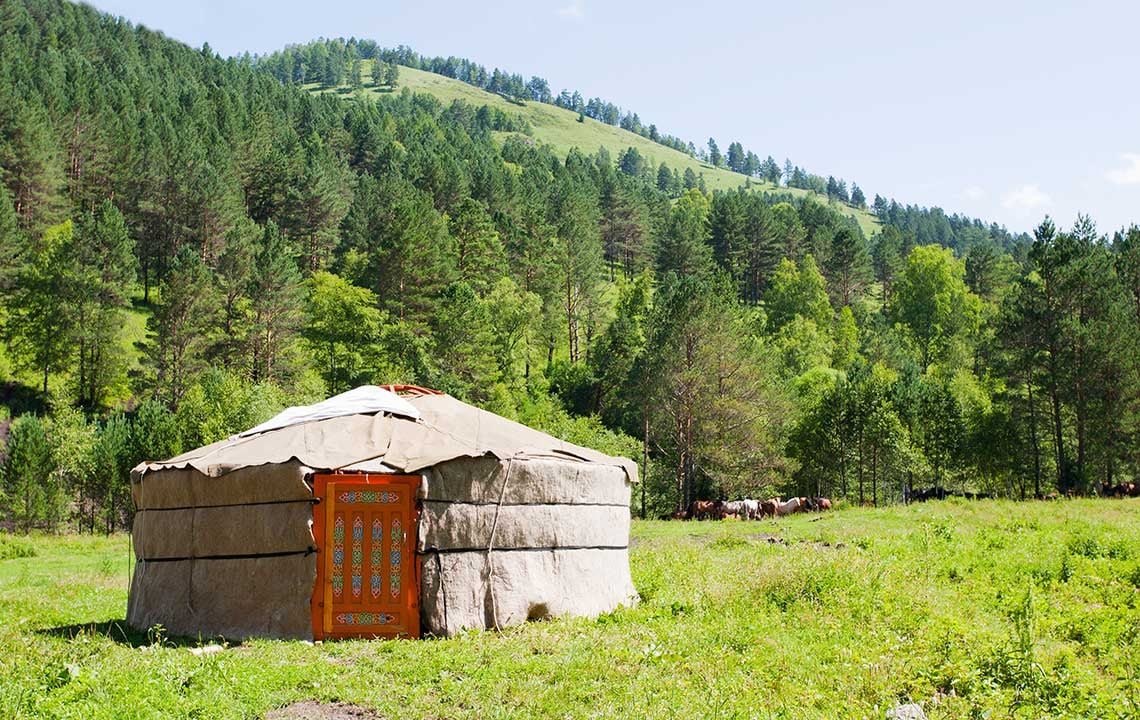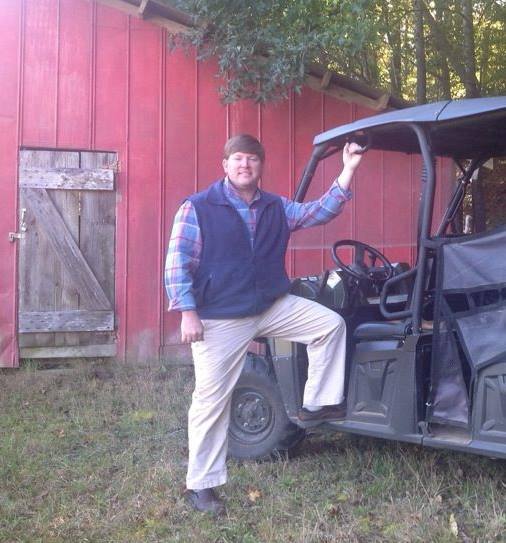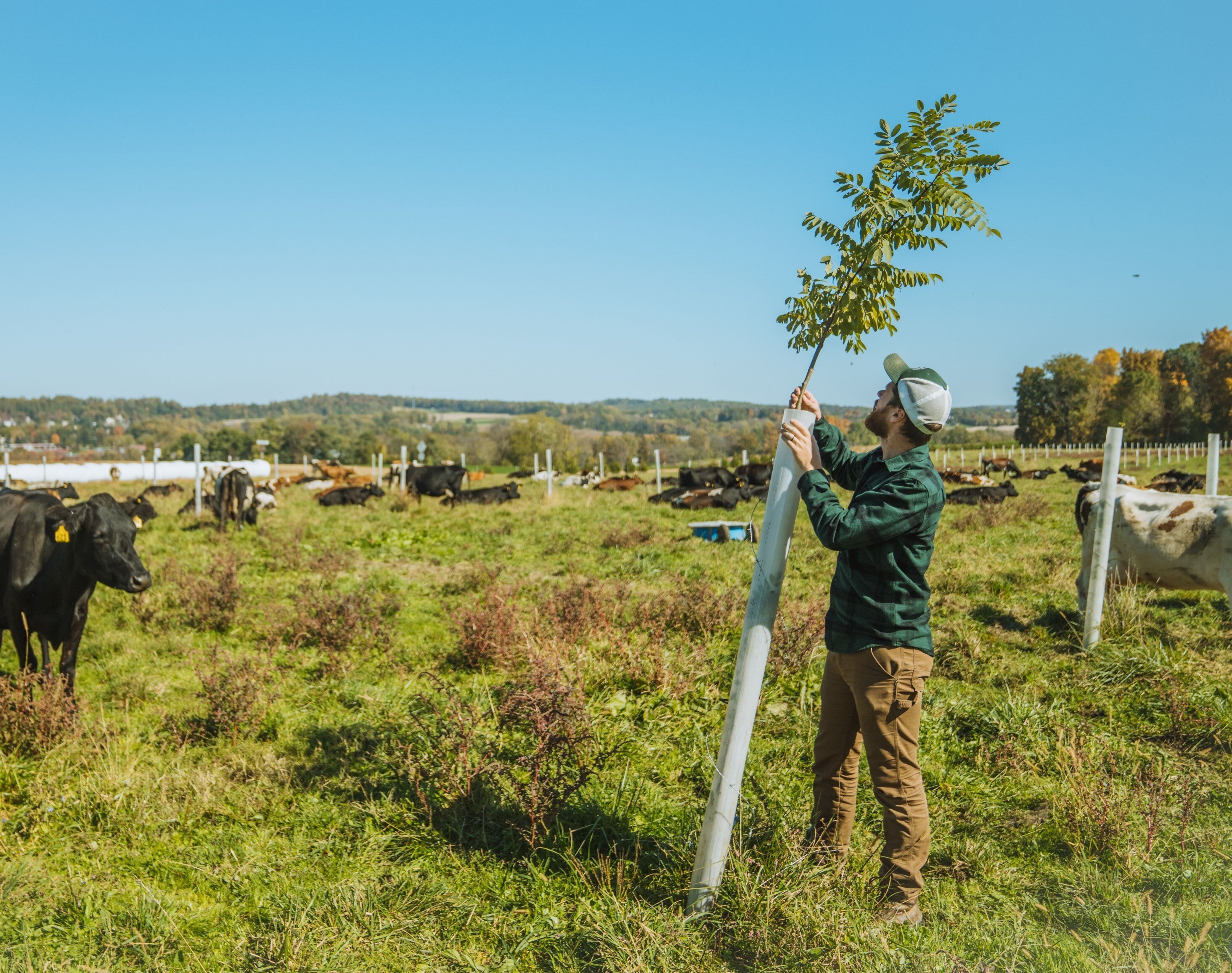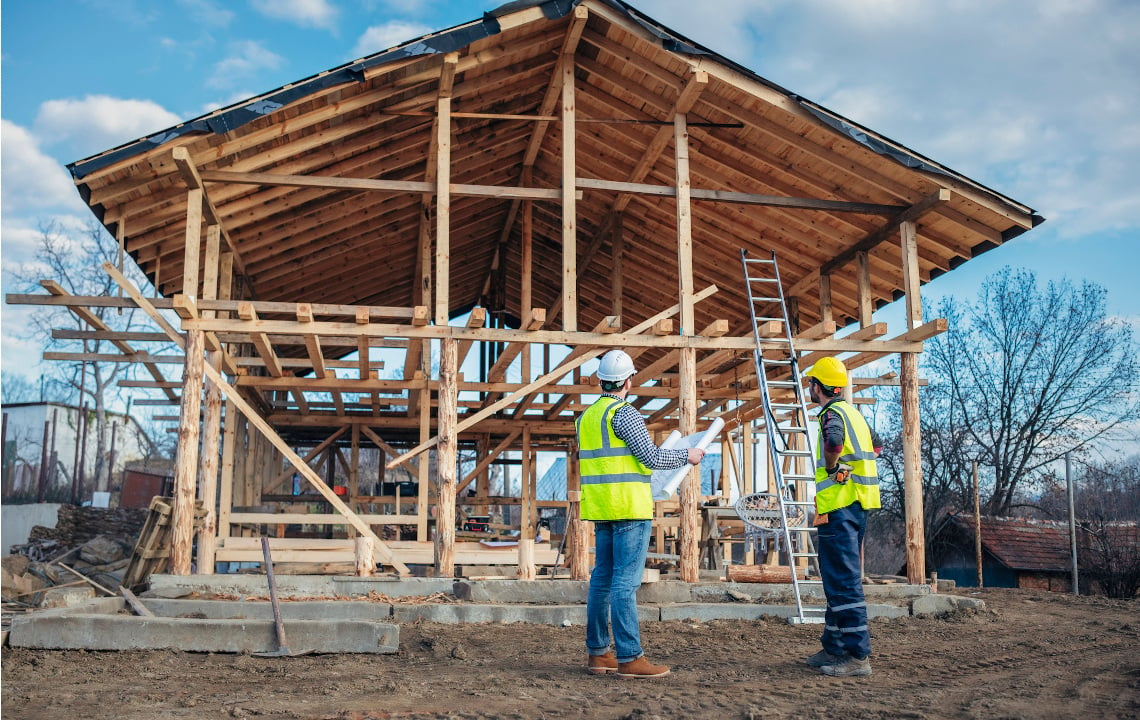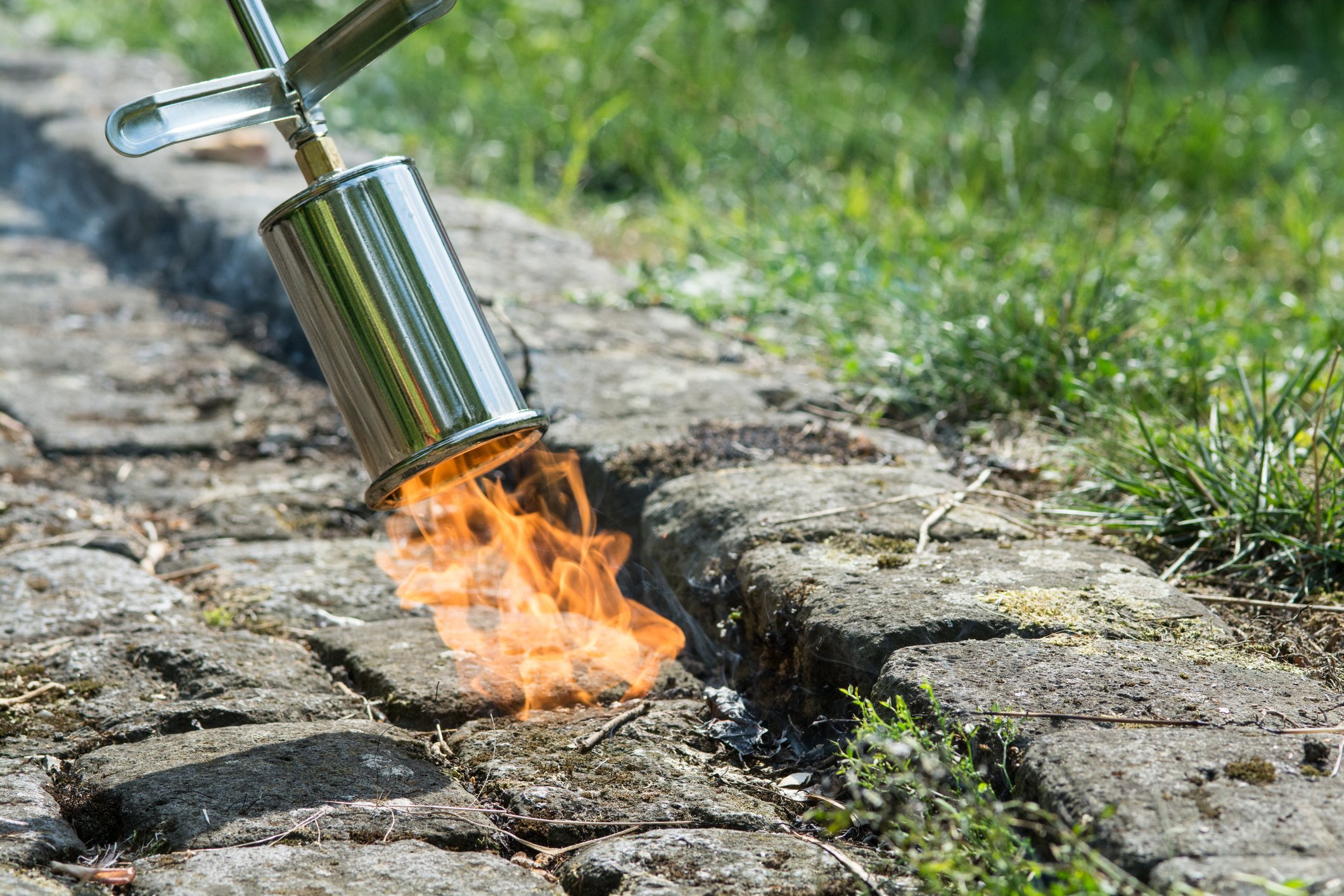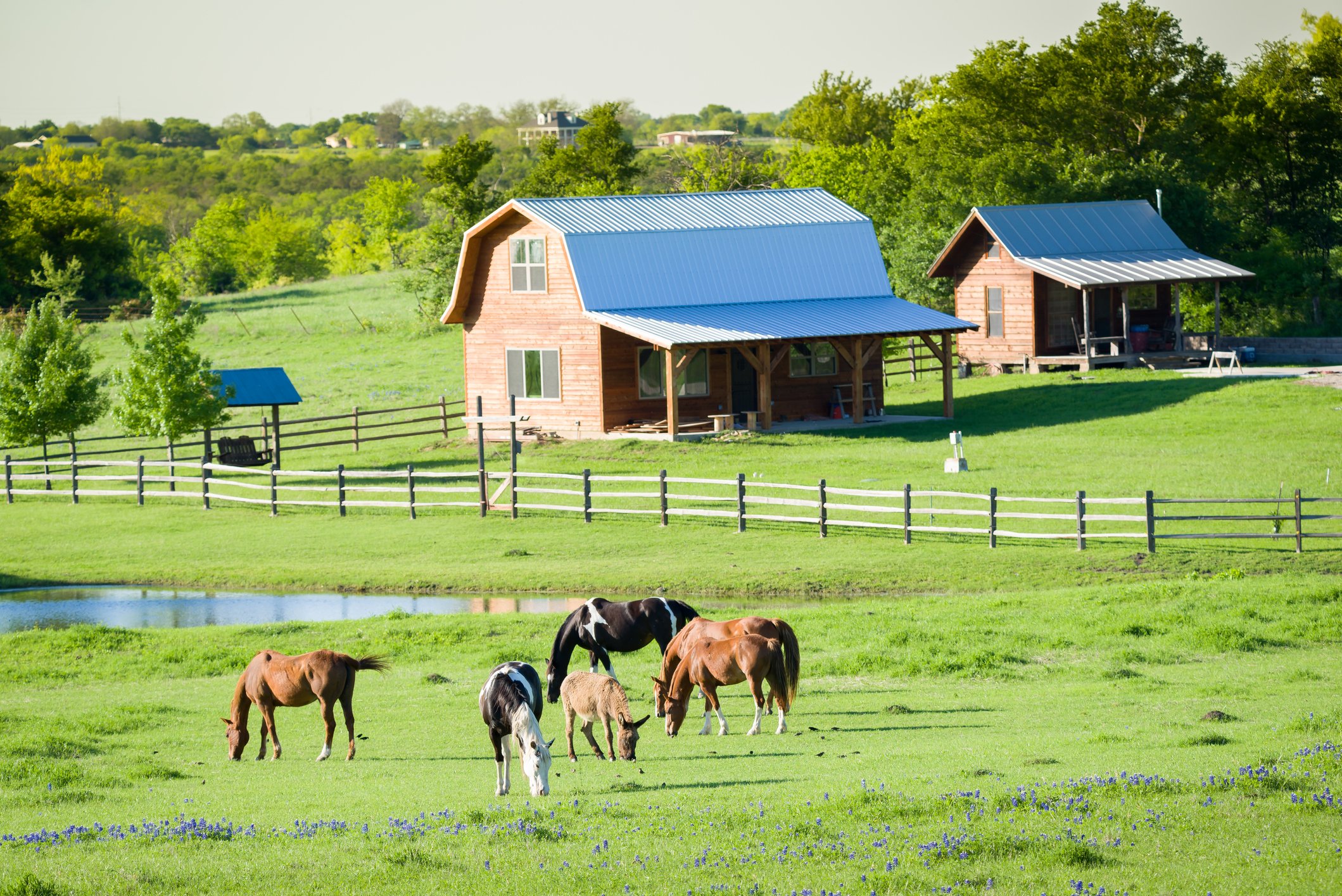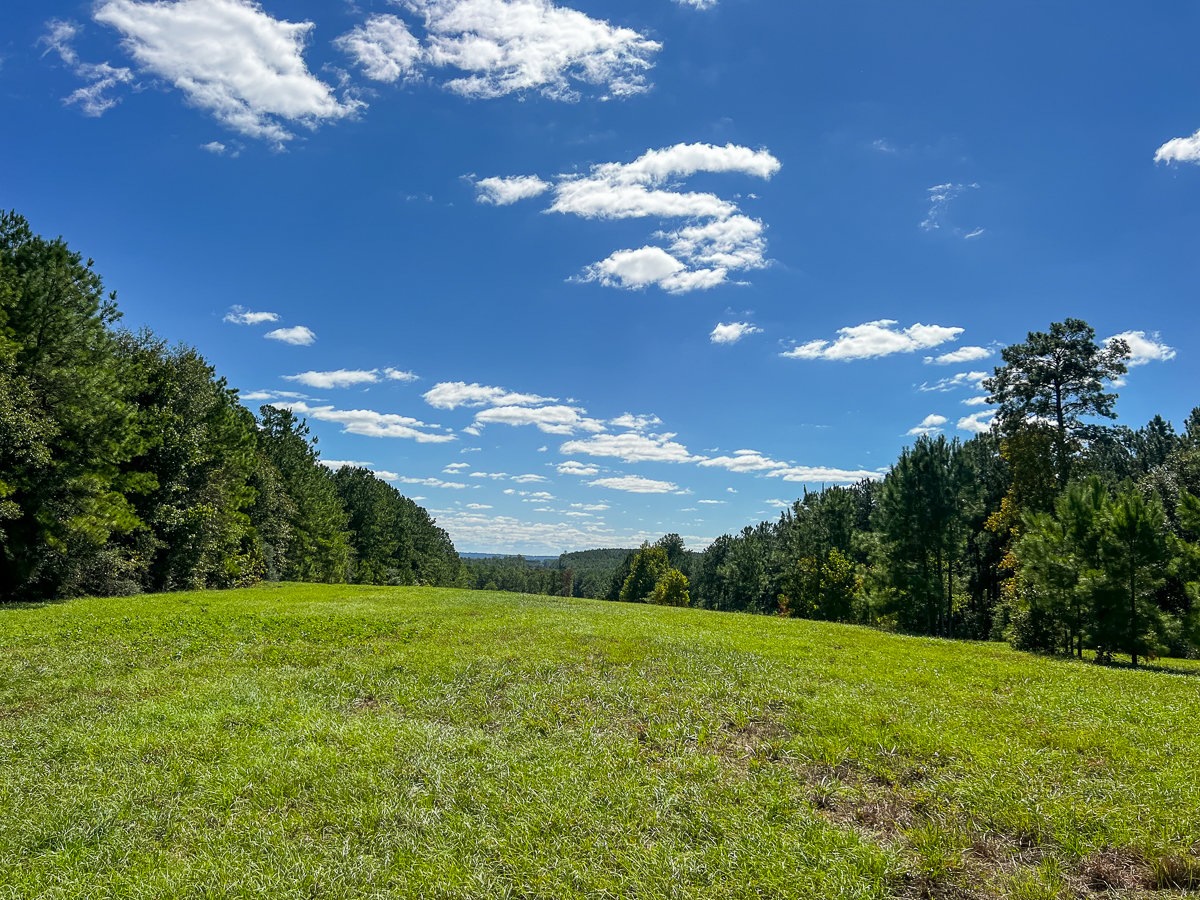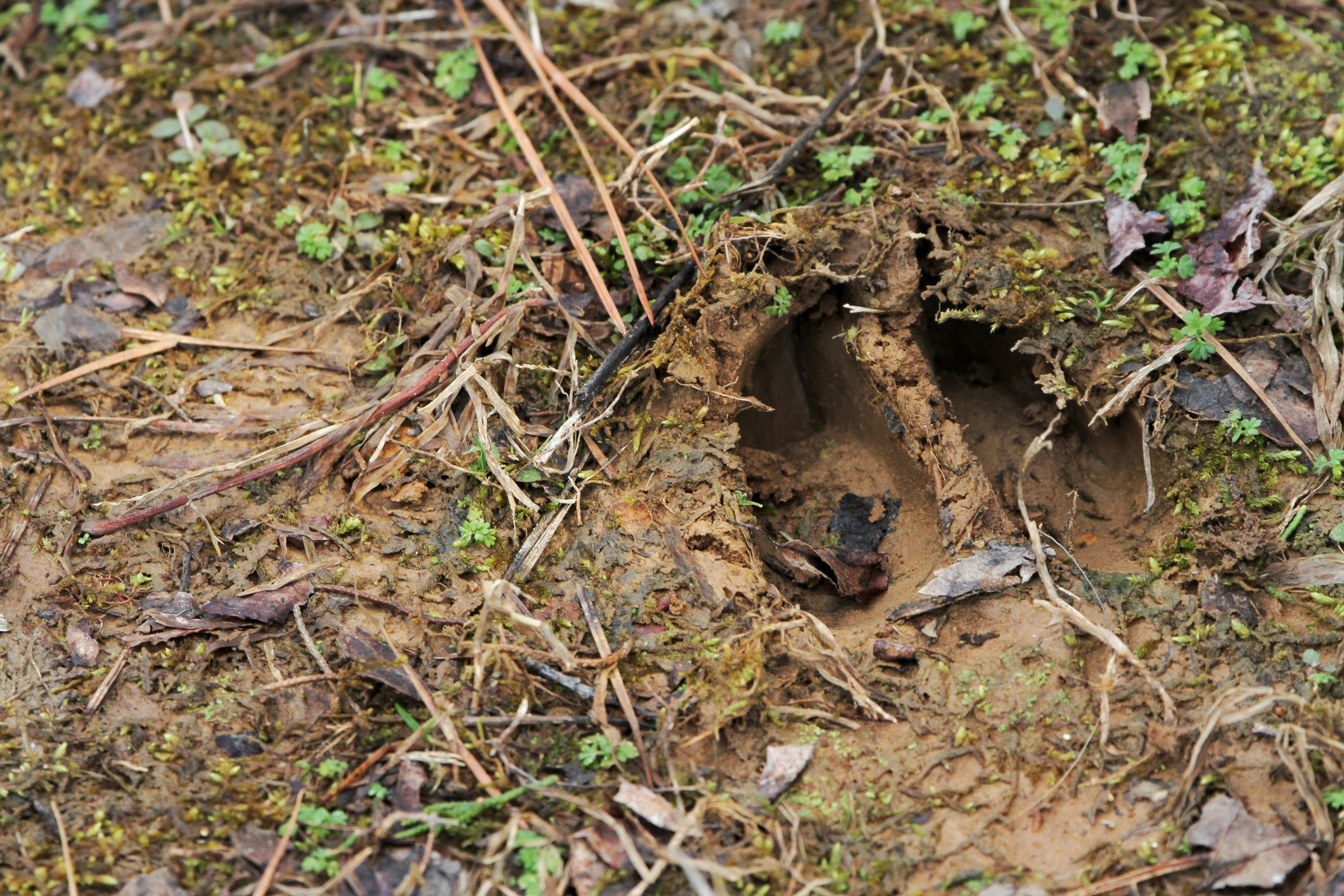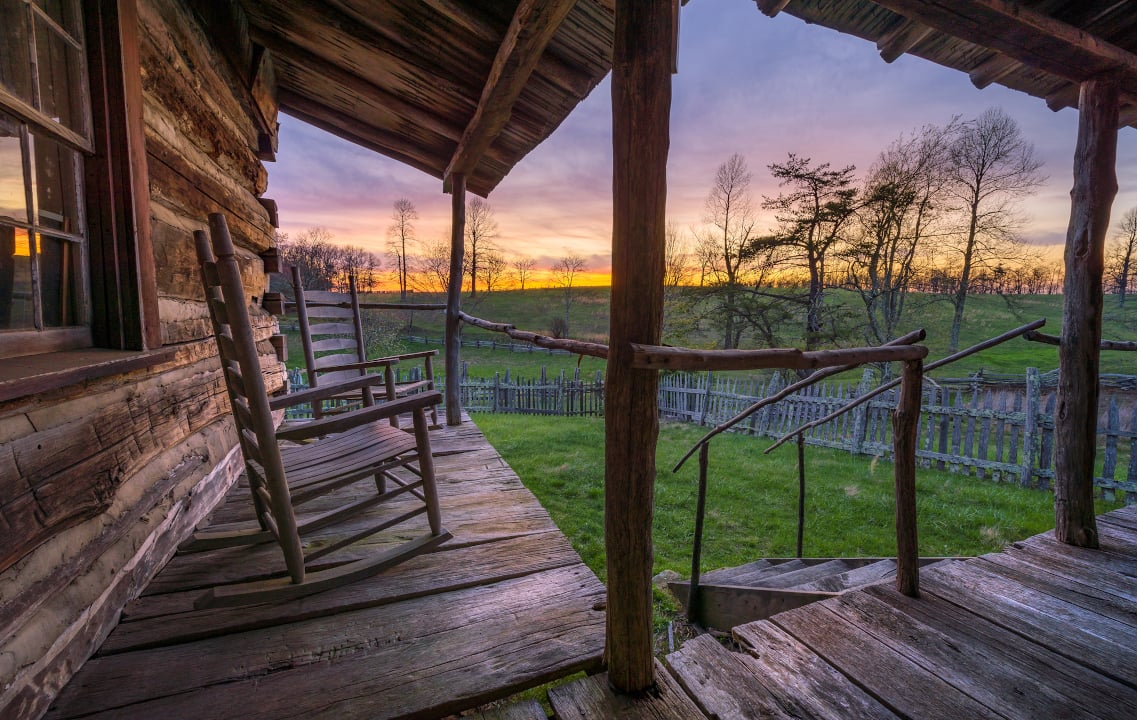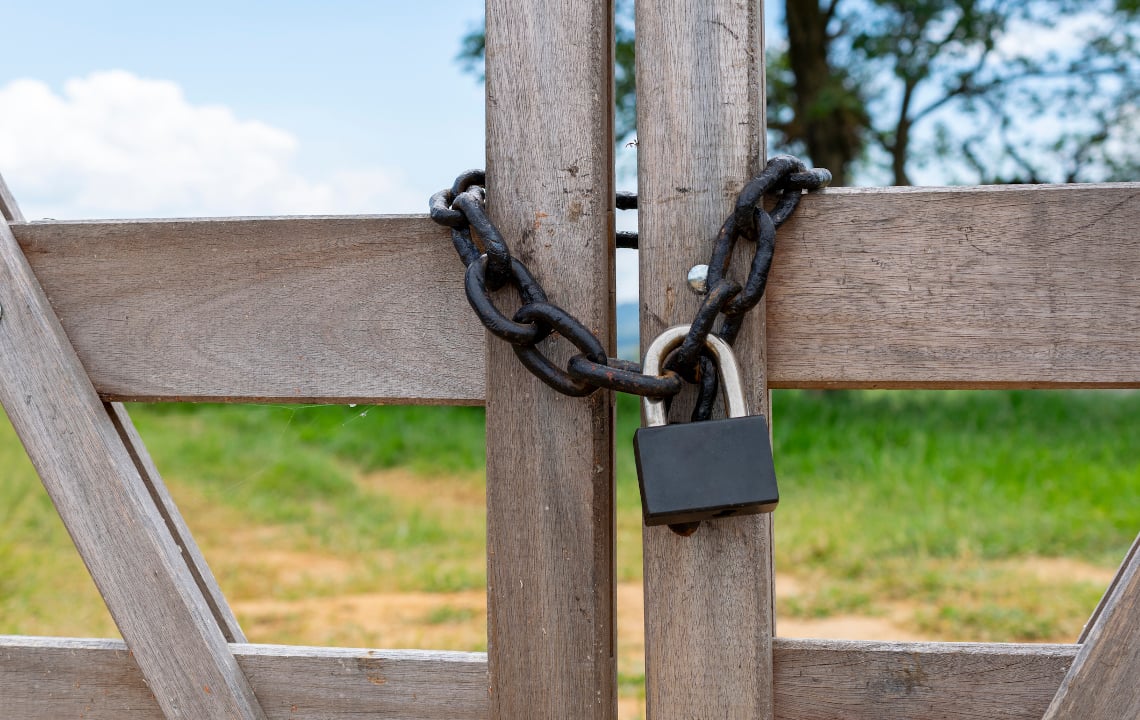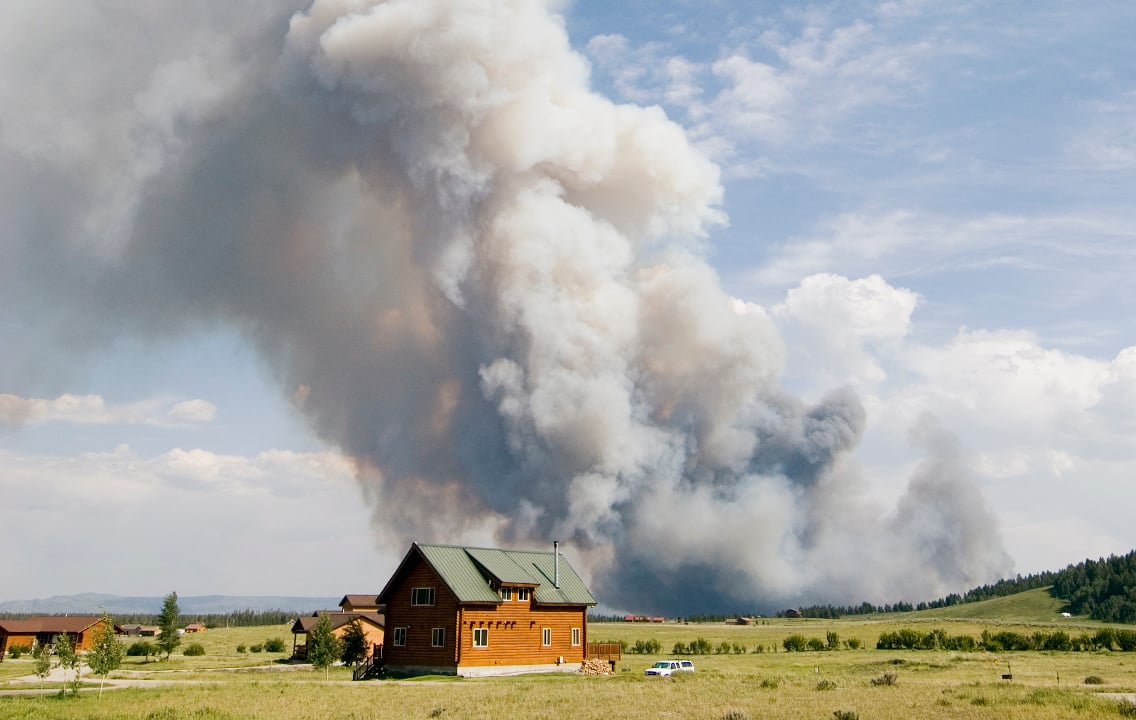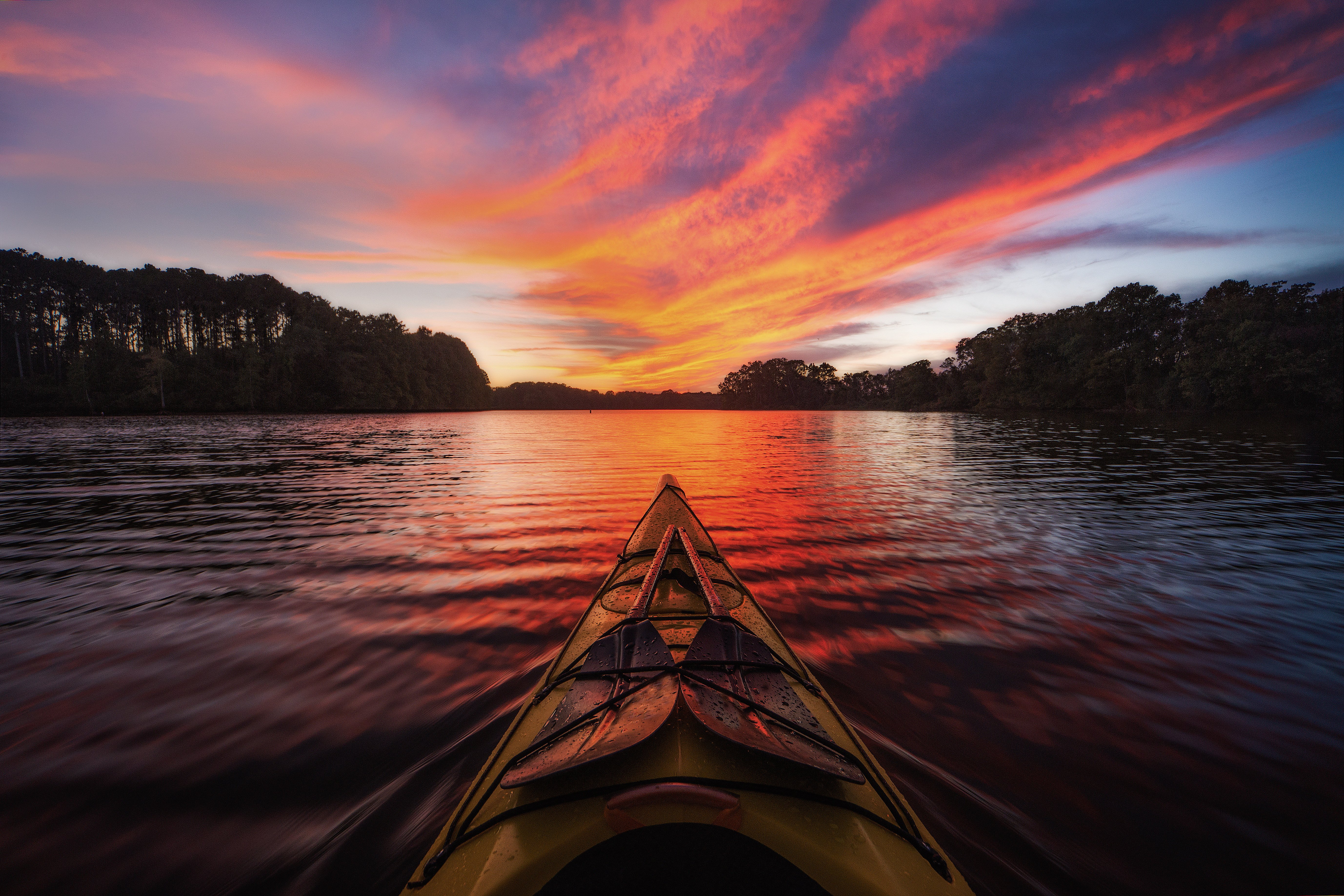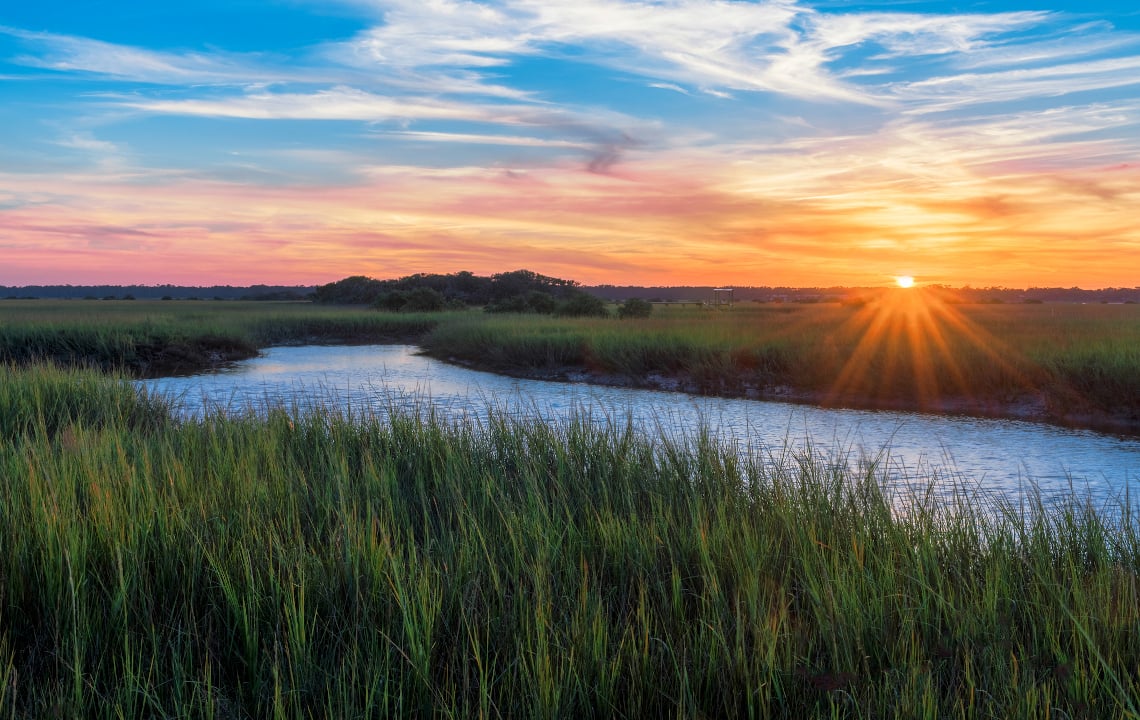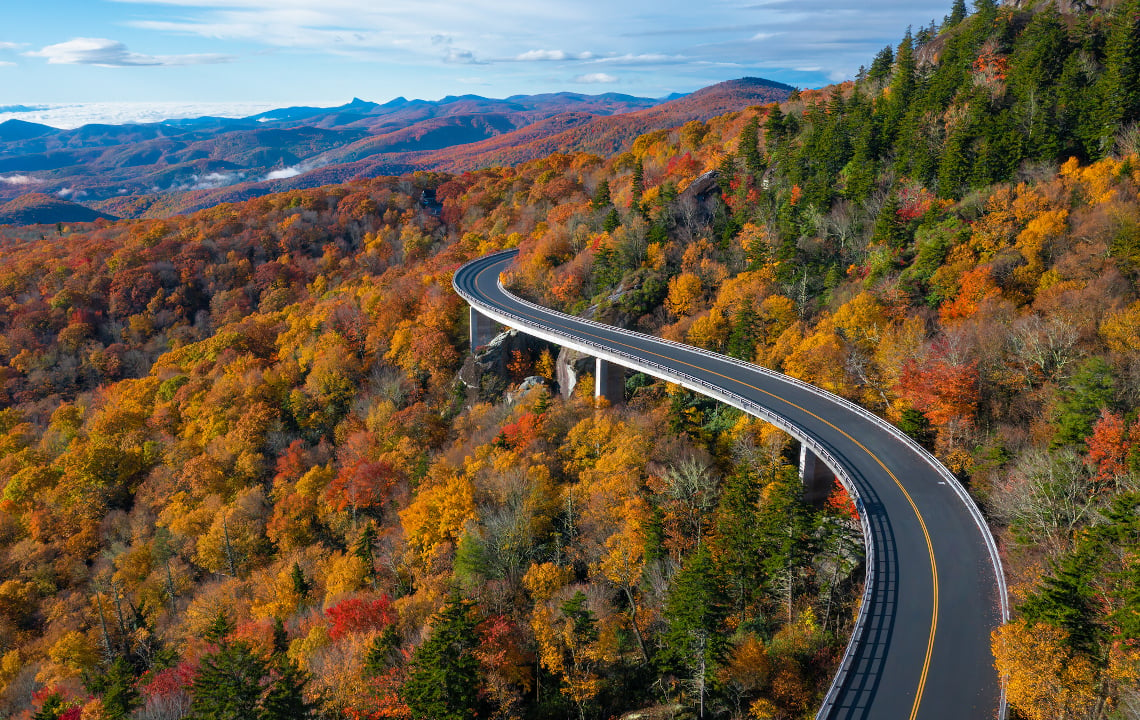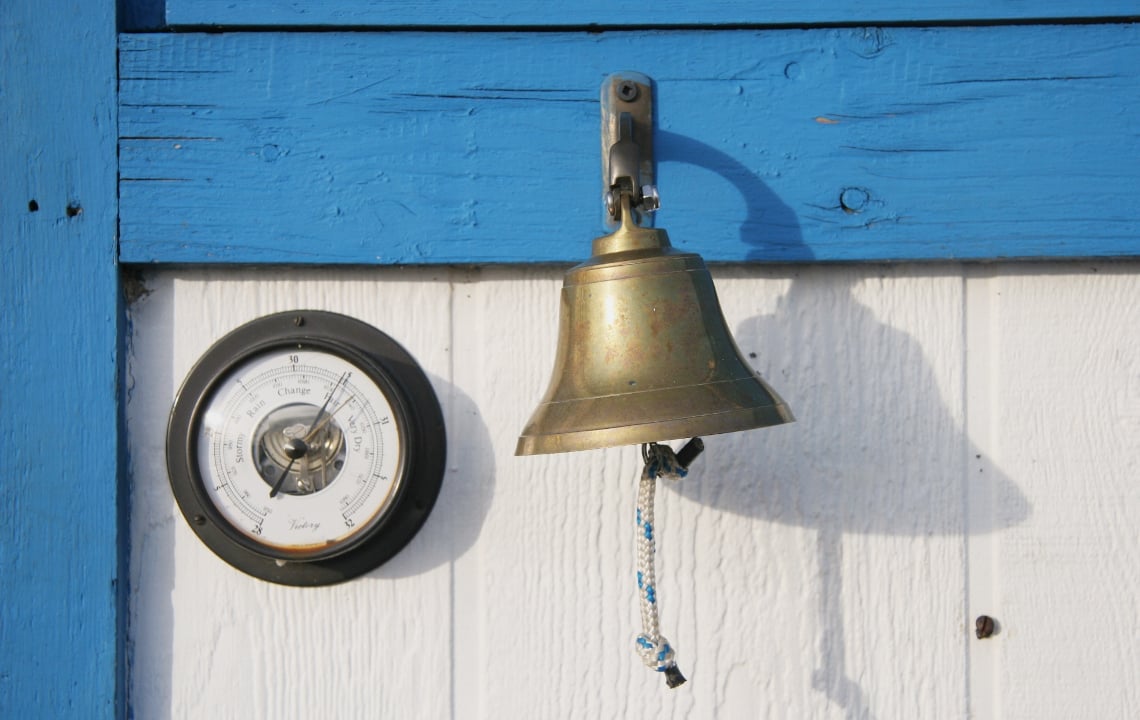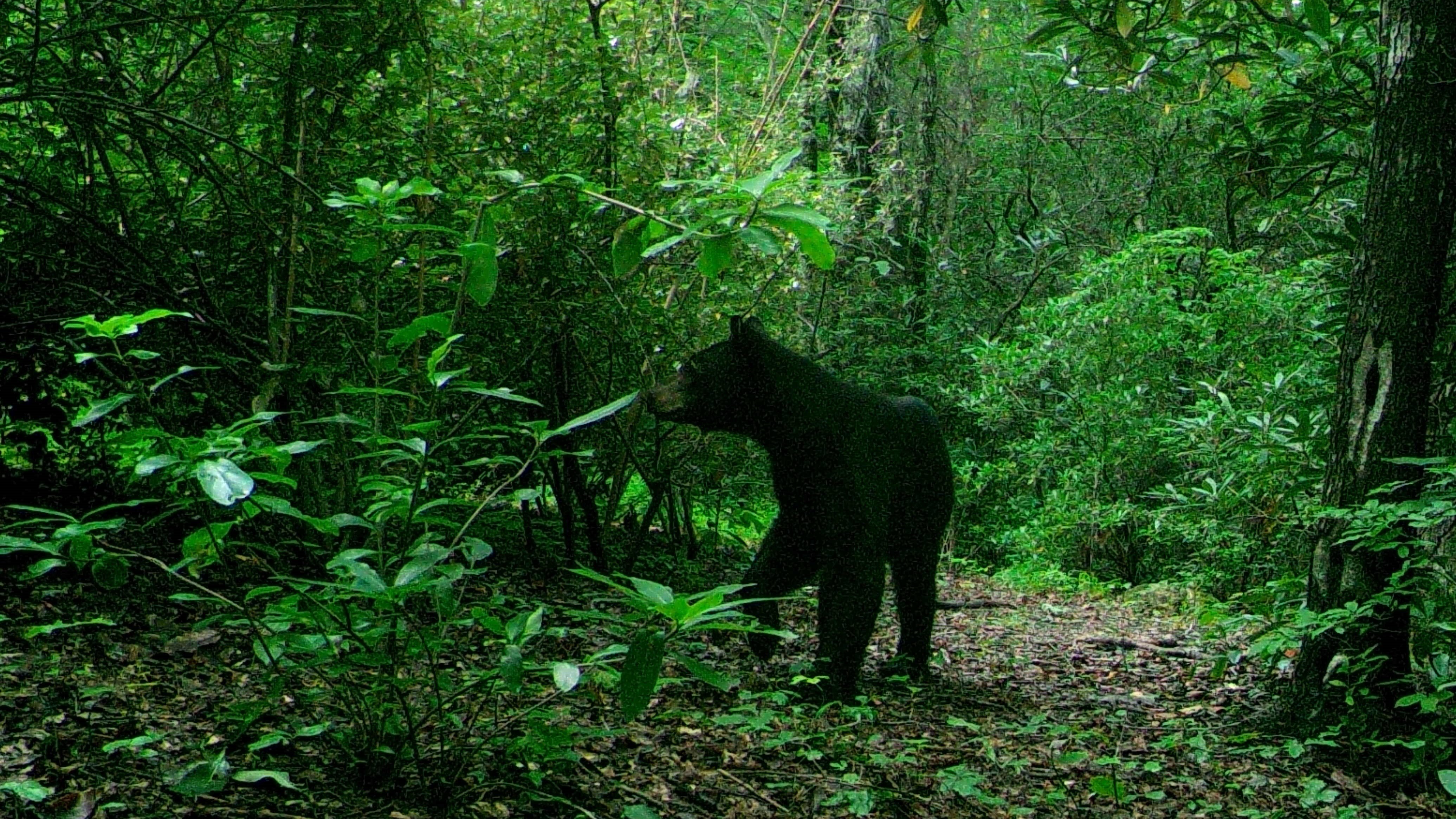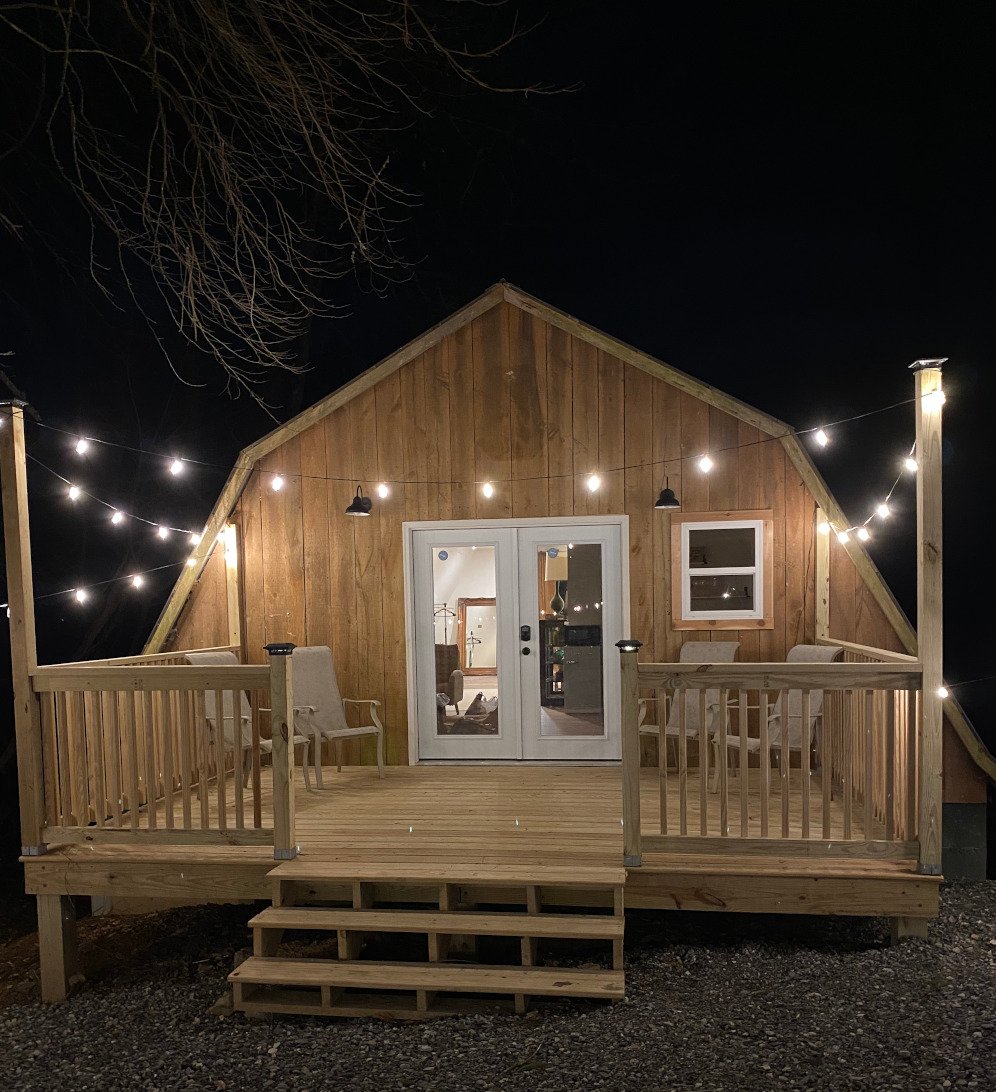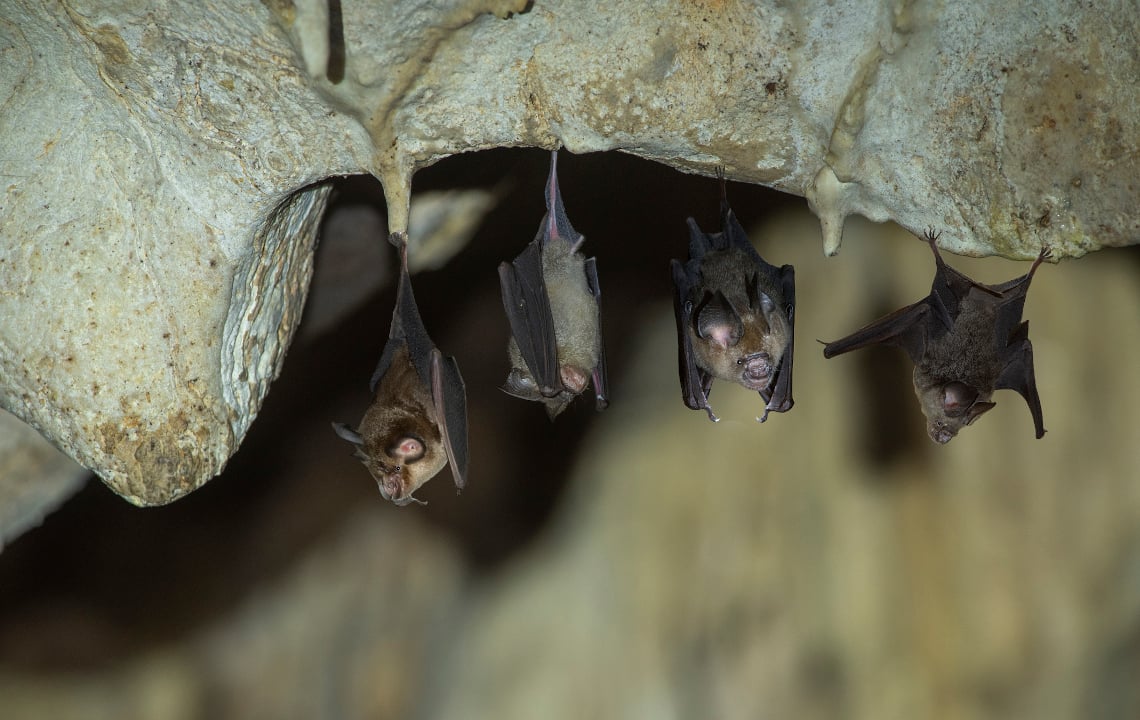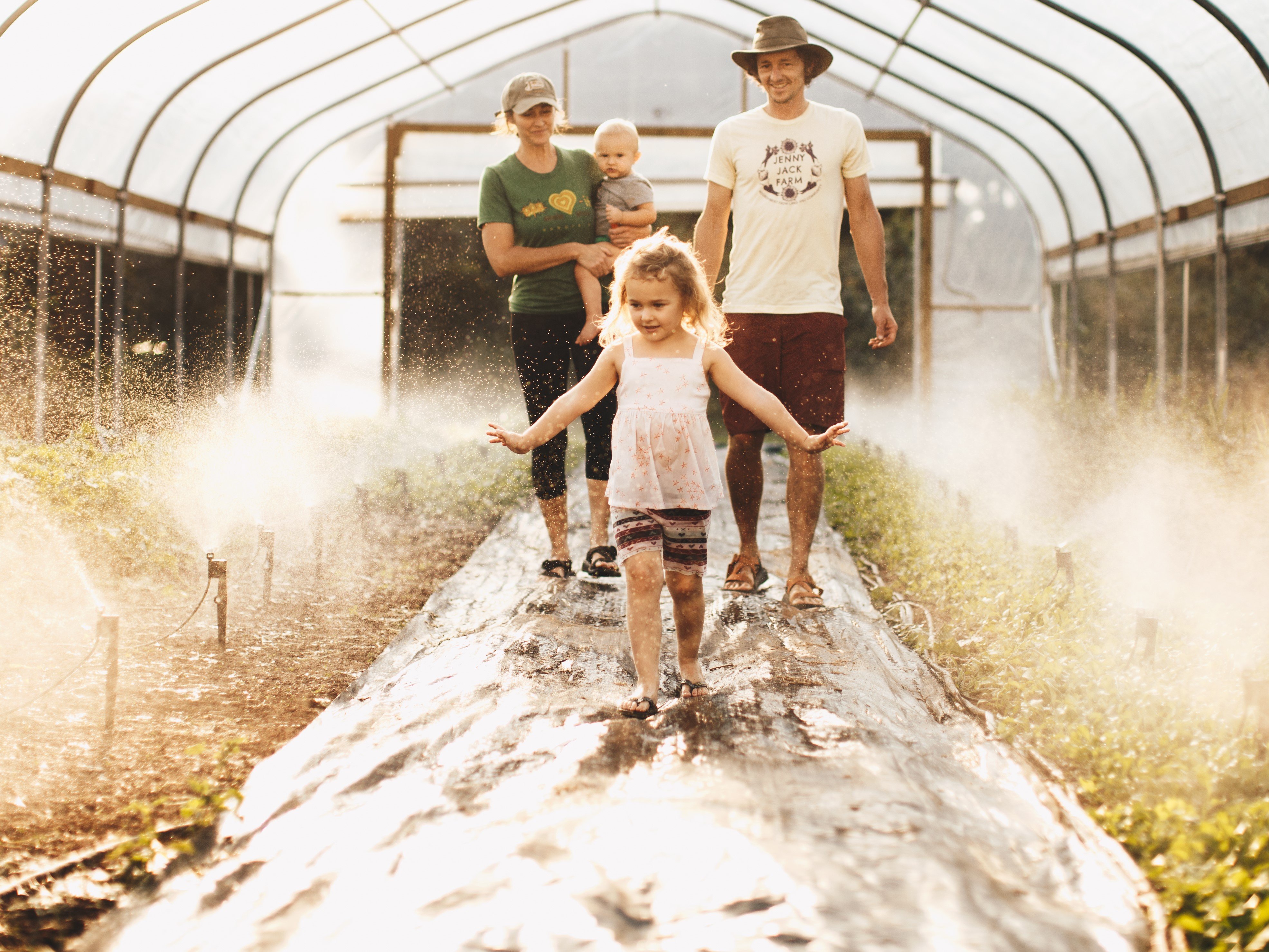The number of people contemplating relocating to rural areas so they can live “off-the-grid” is increasing. I have received enough phone calls from people searching for off the grid homesites in the past few months to prompt me to look into what these buyers are searching for. Below are six of the top characteristics that I found were appealing to off-grid land buyers.
Before you read the list though, please allow me to say that people who decide to live off-grid are often unfairly stereotyped as being anti-government, alarmists, militia members, and conspiracists. There is certainly an assemblage of people living off-grid that fit that description, but there are also a number of families that want to “get back to the land” and lead a more sustainable, environmentally-conscious lifestyle. One of our agents sold an 80-acre parcel that joined the Talladega National Forest to a man who wanted to build a yurt and farm and hunt his land. This lifestyle would be a dream-come-true for many people.
Here is the list:
1. Distance from a big city
People who want to experience the benefits of living off the grid like the idea of being far enough away from big cities to prevent people from easily walking to their land, but they also want to be close enough to enjoy some of the amenities the big city offers: shopping, restaurants, and quality medical care. There is a train of thought that reasons, if there is a mass exodus from the larger cities, then you should own land that is not easily accessible by throngs of people looking for food and shelter.
Marion, Alabama, where I live, is 25 miles to the closest Super Walmart, so I am already in the small number (10%) of Americans that are over 15 miles from a Walmart. I appreciate the sentiment that a little geography is a better buffer between neighbors than a 6-foot privacy fence. Rural areas that are 60 to 100 miles from a larger city are going to be appealing to off-grid buyers.
2. Water source
To be off-grid, land needs to have access to a reliable source of fresh water. Alabama is blessed with numerous rivers, streams, creeks, lakes, aquifers, and ponds. This type of property requires the ability to drill a private well or utilize an existing spring or creek to bring water to the home.
Additionally, the land will need to pass a percolation test and be permitted by the county health department to ensure that the soils allow for a septic system to function properly and remain sanitary.
3. Agriculture/Gardening
Off-grid buyers are often interested in growing their own livestock, keeping a garden, planting an orchard, raising poultry and farming fish on their land. Locating a property with fertile soils and a long growing cycle are important for increasing the prospect that a farm can be more self-sufficient.
4. Joining national forest or wildlife areas
I personally believe the old adage that “Good Forests Make Good Neighbors.” Owning land that borders large tracts of government or privately-owned land is desirable because it limits who will be moving in next door. Many of these forests are open to the public for hunting and other uses, so finding a property that joins an out-of-the-way corner of the forest helps limit the number of hunters you will see and increases the amount of usable land you’ll have.
5. Minimal Building and Zoning Restrictions
Buyers are looking for areas where they can build energy-efficient or unconventional dwellings and use atypical materials if they desire. I mentioned earlier a man that wanted to construct a yurt,. There are some people in Hale County, Alabama, that have even used old blue jeans and earth to fashion a home. In addition to exotic home construction, it is also appealing to be able to erect a HAM radio tower, have a wind turbine, water wheel, or other structures that are limited in urban areas.
6. Energy Sources
One primary consideration would obviously include energy-generating potential from solar, wind, mini-hydro, and geothermal opportunities. In order to be off-grid and self-sustaining a property must afford the owners a reliable and efficient method of creating power that can be harnessed to supply whatever appliances they must use.
Other considerations for off-the-grid property would be the availability of satellite internet and telephone, rural land prices, annual property taxes, hunting restrictions, firearm freedoms, road maintenance (if heavy snows restrict use), and other features that allow owners to be self-sustaining.
It appears that the market for off-grid rural land is going to continue growing over the next few years, and buyers are eager to find their self-sustained paradise.
Are you ready to begin your search for the perfect rural property to suit your needs? Raydient Places + Properties features country land for sale throughout the South in Georgia, Florida and Texas at raydientplaces.com.


